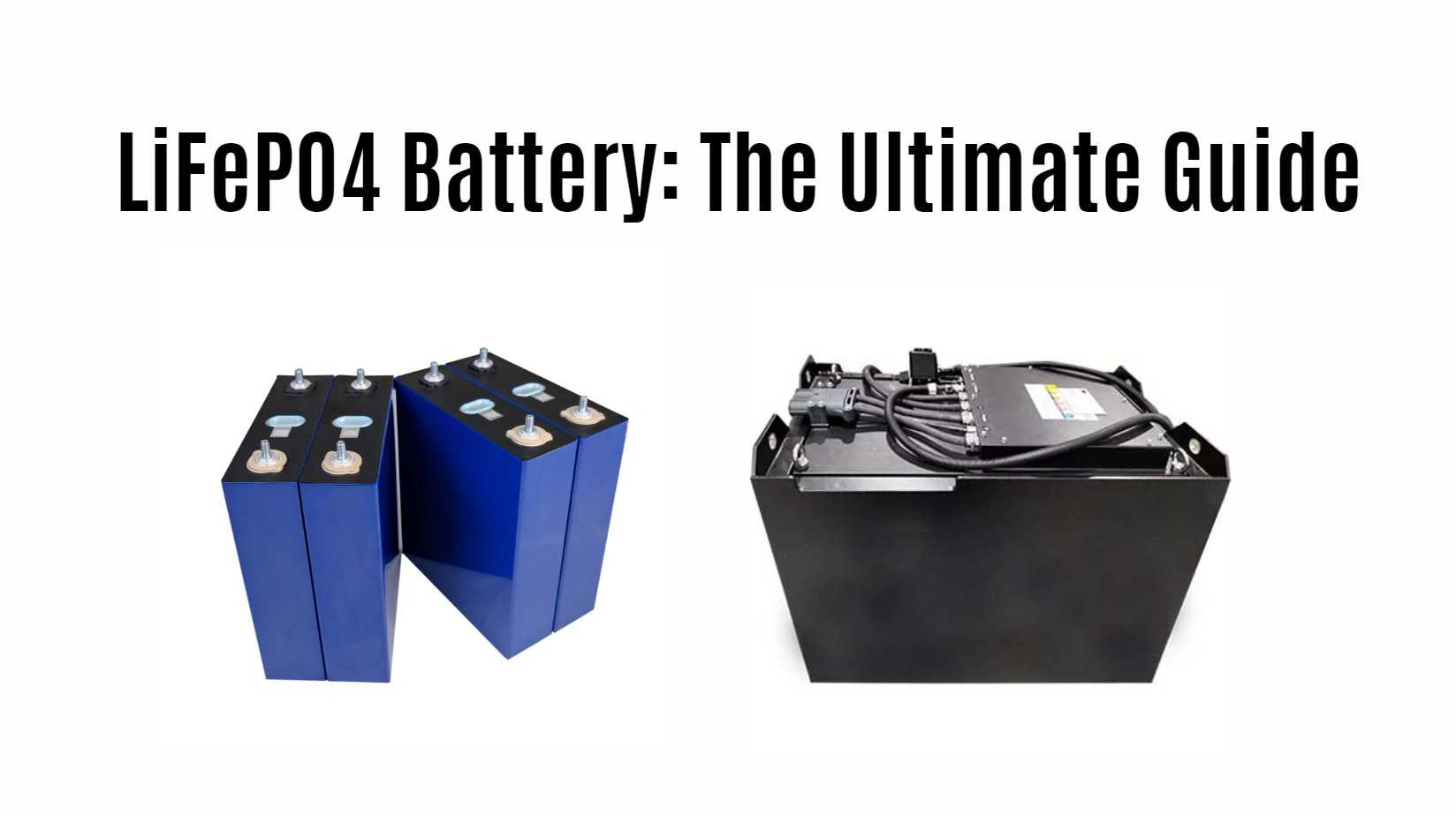We pride ourselves on offering deep insights into the world of LiFePO4 batteries, a groundbreaking technology in the field of energy storage. LiFePO4, which stands for Lithium Iron Phosphate, has revolutionized the rechargeable battery industry with its remarkable combination of durability, safety, and longevity.
What is a LiFePO4 Battery?
A LiFePO4 battery employs lithium iron phosphate as the cathode material. Celebrated for its remarkable stability and substantial energy density, LiFePO4 batteries distinguish themselves among rechargeable options. They can store greater amounts of energy, provide a consistent voltage output, and maintain a longer service life compared to traditional lead-acid batteries.
Advantages of LiFePO4 Batteries
LiFePO4 batteries present a multitude of benefits:
- Extended Lifespan: With a lifespan of up to 10 years or more, they emerge as a cost-effective solution over time.
- High Energy Density: Compact in size, yet powerful, LiFePO4 batteries are perfect for applications that demand sustained performance.
- Enhanced Safety: They carry a minimal risk of fire or explosion, making them safer for both personal and industrial applications.
- Low Self-Discharge: They hold onto their charge more effectively than other battery types, ensuring they are ready when you need them.
Comparing LiFePO4 vs. Lithium-Ion Batteries
When pitting LiFePO4 against lithium-ion batteries, several key factors come into consideration:
- Safety: LiFePO4 batteries are naturally safer due to their stable chemical composition, rendering them fit for critical applications.
- Lifespan: LiFePO4 batteries significantly outlast lithium-ion batteries, offering enhanced reliability over the long term.
- Cost: Although they may have a higher initial cost, the longer lifespan and superior safety of LiFePO4 batteries often surpass their higher upfront expense.
Should LiFePO4 Batteries Be Fully Charged?
Defying common misconceptions, it is not advisable to keep LiFePO4 batteries fully charged at all times for maximum longevity. Instead, keeping them at approximately 50-80% charge when in storage or not in use can help extend their lifespan and maintain optimal performance.
Longevity of LiFePO4 Batteries
LiFePO4 batteries are celebrated for their impressive lifespan, capable of lasting up to 20 years with proper care and maintenance. Their longevity is attributed to the ability to go through numerous charge cycles with minimal capacity loss.
Conclusion
In summary, LiFePO4 batteries represent the vanguard of energy storage technology, blending safety, longevity, and efficiency. Whether for residential solar systems, electric vehicles, or industrial applications, opting for LiFePO4 batteries ensures unmatched reliability and performance. For more information on how LiFePO4 batteries can meet your energy storage needs, feel free to contact us. We are here to provide you with the latest technology and solutions for your energy requirements.






